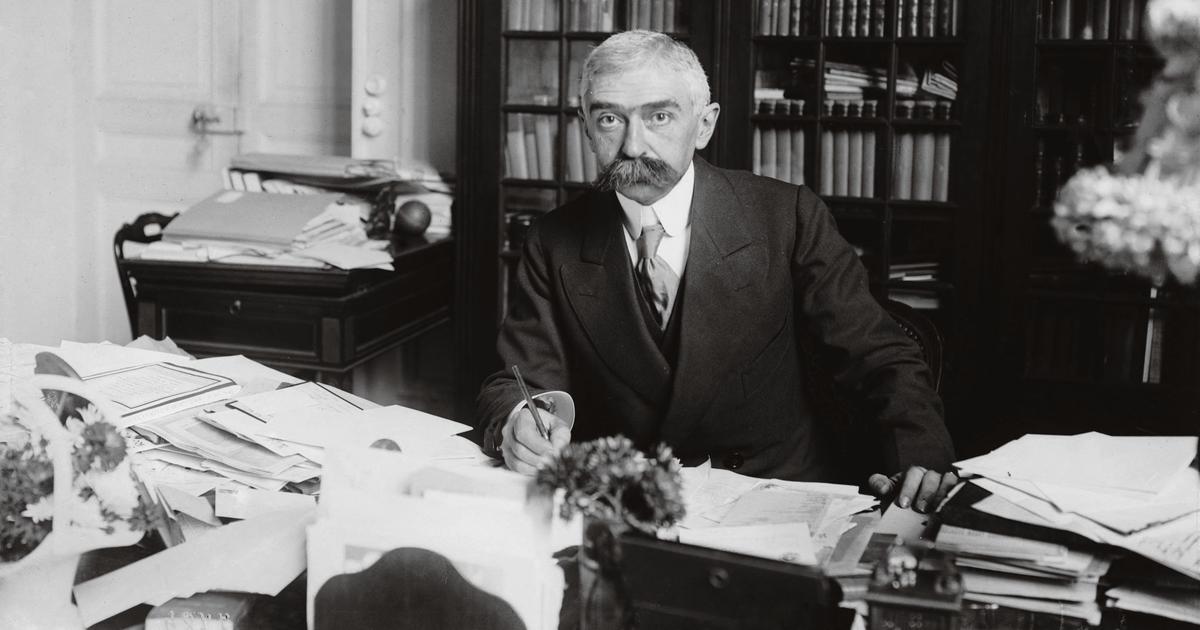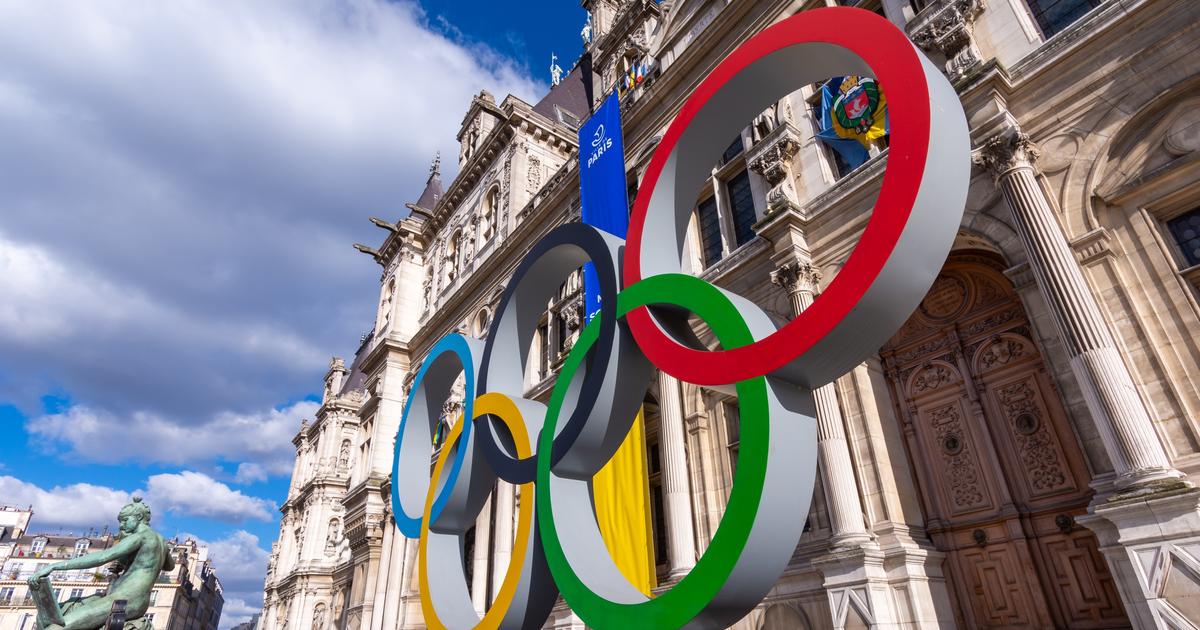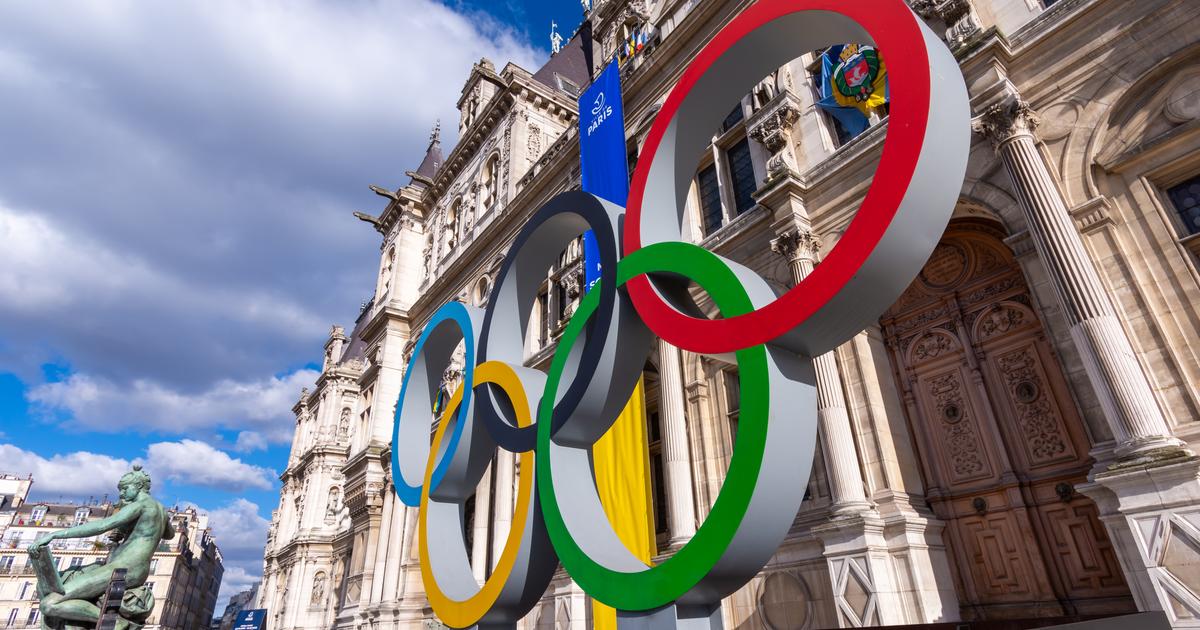If the Olympic bid to host the 2030 Winter Olympics in the Pyrenees were listed on the stock market, its shares would plummet today.
The International Olympic Committee (IOC) observes with distrust the blocking of the Spanish project and admits that its possibilities are currently lower than those of the rest of the candidates.
The political disunity and the public reproaches of the administrations involved, especially from Aragon, "reduce credibility" from the initiative in the eyes of the IOC, which has to choose the venue at the beginning of 2023. Sapporo (Japan), Salt Lake City (United States ) and Vancouver (Canada), all with Olympic experience, are ahead.
The IOC, in any case, trusts that the COE resolves the situation.
The president of the national committee, Alejandro Blanco,
Without possibilities to compete technically with the rest of the proposals, the chances of success of the Pyrenean project mainly depended on the story.
The IOC was seduced by the idea that the Games would put the Pyrenees on the map through a project to revitalize the territory and that Olympic sport would stitch together the political stripping between Catalonia and Spain of recent years.
"The problem is that the candidacy shows the seams," admits a senior IOC official.
The Committee has a Candidate Relations Department, made up of six people, who monitors the information related to each project.
And the information that arrives from Spain generates distrust of the organization.
“People may think that what happens in Spain does not reach Switzerland [IOC headquarters], but it is not like that.
Here we know everything”, insists this same source.
The Olympic committee points to the disagreements of recent weeks, when the Aragon government did not attend the meeting that was to certify a total technical agreement, and fears that these differences will not be resolved immediately.
"The Spanish candidacy must regain the confidence of the IOC and enter the last semester of 2022 with a political agreement to have a chance of success."
Despite the lockdown
Alejandro Blanco vindicates to EL PAÍS the possibilities of the candidacy: “I would not say that we have lost ground.
Our strengths are still there.
We have a good chance of winning if we are able to solve our problems.”
Representatives of the COE, the Diputación General de Aragón (DGA), the Generalitat de Catalunya and the central government met again on April 25 to resolve the situation, but the positions did not change.
Aragón rejects the COE proposal, which places the alpine skiing and
snowboarding
events in Catalonia, while cross-country skiing in the Aragonese Pyrenees.
The president of the DGA, Javier Lambán, calls for the participation of the Tena and Benasque valleys to accept the plan and Blanco hopes to clarify things soon.
"It's a matter of days, this weekend perhaps, to find out where we are," he analyzes.
There are no dates yet for the next meeting with the DGA and the Generalitat.
The rest of the candidates have taken positions for the last phase of the race.
Its facilities have more than enough technical endorsement because many of its infrastructures have already been used in previous Olympic events: Vancouver was the venue in 2010;
Salt Lake, in 2002;
and Sapporo, in 1972. In addition, its communication with the IOC is advanced because the committee has visited the different territories or is scheduled to do so soon.
On the other hand, the visit that the committee planned to make to Spain this May has been postponed due to the lack of a collective agreement.
"Our rivals are moving very fast," Blanco agrees.
The president set May 20 as the deadline to resolve internal disputes, in an act of the Cercle d'Economia.
“This is a very important project and I think that in the end,
no matter how many difficulties there are on the way, we will find the definitive solution.
And we also have to find it in a short period of time”, he analyzed.
There are, however, some limitations to the Japanese and US initiatives.
The proximity of Tokyo 2020 and Los Angeles 2028 to the 2030 appointment subtracts more than it adds.
The IOC prefers to relocate the Games to different territories and return later to those countries that have already hosted the Games.
Nor does the erosion of the international committee's relations with the Japanese administrations during the pandemic or the private nature of the
United States
lobbies that aspire to the Games help.
These issues, the IOC understands in any case, are minor compared to the lack of consensus of the Spanish institutions.
Political unity is non-negotiable for the IOC because it understands that the Governments are the only administration with real powers in matters of security and access, among other issues.
"The match will continue to be played this 2022 and will be finished in 2023, but the positions will be clear soon," they close from the IOC.
Barcelona claims the paternity of the project
The president of the PSC in Barcelona, Jaume Collboni, vindicated this Wednesday in an act of the Cercle d'Economia, in Barcelona, the "paternity" of the Olympic project.
"The idea came from the [socialist] mayor Jordi Hereu," he recalled. Collboni insisted that Barcelona's role in the candidacy had until now remained discreet "for the common good", but the first lieutenant of the City Council called for giving "the final impulse” and that the city is placed "on the command bridge" of the Games.
Alejandro Blanco, president of the Spanish Olympic Committee (COE), picked up the glove and responded that Collboni's concerns will be "satisfied."
The head of the COE also praised the predisposition of the president of the Generalitat, Pere Aragonès, and the president of Junts per Catalunya, Jordi Sánchez, to find agreements with a view to advancing the candidacy.
Blanco also sent a message to the president of Aragon, Javier Lambán, whom he did not quote, but who asked to separate political differences for the common good.
"We all know that we have a little difficulty: it is to agree with someone who also has to understand that the Games are also beneficial for their territory. Fighting for the Games is more important than political differences."
The president closed his intervention with an optimistic message: "We are going to win the Games. That is why we are here."
You can follow EL PAÍS Deportes on
and
, or sign up here to receive
our weekly newsletter
.






/cloudfront-eu-central-1.images.arcpublishing.com/prisa/UL6UMA4R55G27HIEU6NGDWNOWU.jpg)



/cloudfront-eu-central-1.images.arcpublishing.com/prisa/S7UVDTX7DREC7DXVCZN6MEKGBY.jpg)




